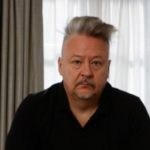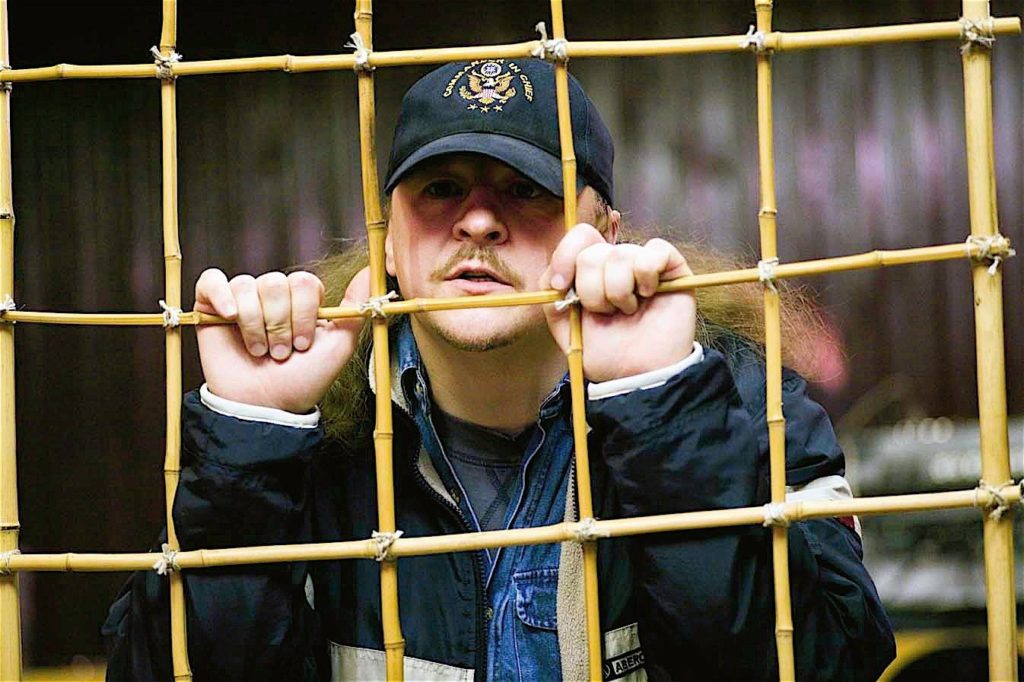Wear your mask over your nose and mouth and not over your eyes.” That was the motto of Artdocfest, Russia’s largest documentary film festival in Russia, which took place in April. Russian authorities, however, have firmly shown they want the mask over the public’s eyes.
Over the course of the film festival, showings were disrupted by the police, the consumer protection agency, homophobic Chechen nationalists and Kremlin loyalists. In St. Petersburg, authorities shut down viewings by sealing entryways into two screening halls. After the police came and didn’t allow any films to be presented, the festival moved on to Zoom and those who bought tickets were able to see films online.
These actions disrupted or stopped stories from being told: about the suffering of locals who opposed Russia’s annexation of Crimea, the government orchestrated torture of gay men in Chechnya, and the repressive measures taken against protestors in Belarus (where 354 political prisoners remain in custody) made possible by Russian support. It is erasure in its purest form.
That erasure is something I know personally. In 2010, I founded the Belarus Free Theatre in response to Belarusian dictator Alexander Lukashenko’s crackdown on freedom of speech. To ensure security, people who wanted to see our shows had to call a phone number to learn its physical location. Even that precaution was not enough; authorities still arrested or harassed every single member of our company. After the authorities brought five baseless criminal charges against my wife and I, we were forced to leave the country and become refugees.
This experience of living with organized harassment is why spaces like Artdocfest are so important to me. That is why we entered two films into the festival, Alone and Okrestin Sisters. They provide an opportunity for voicing the truth when the authorities are silencing it.
For a long time, Russia remained a place where Belarussian creatives were able to showcase their talents. However, the Russian regime is increasingly copying the Belarusian regime and is tightening its control over the world of art and culture. This includes the recently adopted amendments to the education law that requires Russian state permission for educational activities to prevent “foreign interference.” Authentic real- life documentaries, aimed at adults, fall under this category.
Everywhere, authoritarian regimes are locking step in an autocratic push-back against democracy. These regimes want to tell grand stories about states and leaders, which only work if the public cannot see the effects of the government's policies
Russia, like Belarus, has been increasingly defined by what isn’t televised. Belarus continues to plough ahead in this arena banning the European news channel Euronews and making it easier to block other media.
One of the joys of theatre and film is showing people another side of the world they have never experienced. Documentary film has this special power because when you see real footage of people’s lives, it exposes the viewer to things they may never have believed otherwise. The content does not have to be a bombshell: it can be simply the day-to-day experience of someone who was forced to leave Crimea and start a new life, or about a Belarusian activist detained for protesting. However, showcasing these authentic stories is what makes it so dangerous to the authorities.
For example, our film “Alone” focuses on the lead singer of a Ukrainian hip-hop rock band who uses his fame and profile to protest the imprisonment of Oleg Sentsov, a Ukrainian filmmaker from Crimea who became a political prisoner in Russia for opposing the Russian annexation of the peninsula. It showed the role one person can play in pushing for change, culminating with a scene in which the singer finally meets Sentsov after his release as part of a prisoner swap.
What makes Artdocfest unique is that it offers films with unusual perspectives to Russian audiences, who are intrinsically linked to the events shown. It’s a world away from Russian state TV that proudly justifies the annexation of Crimea, supports and praises Alexander Lukashenko in Belarus, and broadcasts meetings between Russian President Vladimir Putin and Chechen leader Ramzan Kadyrov.
Artdocfest seeks to give Russians a more complete picture of the world Russia is working to shape. However, as authoritarianism grows, space for that is shrinking, just when it is needed the most. It is why I call on you to watch these documentaries that symbolise resistance to authoritarianism, and support independent filmmakers who risk their lives to tell the truth through these stories.


